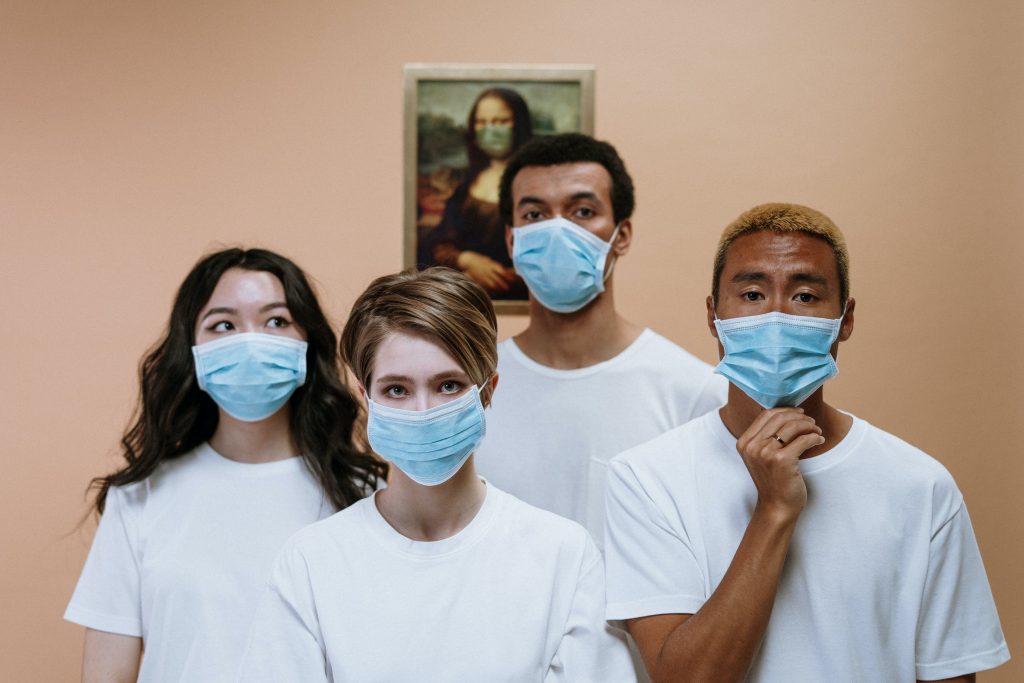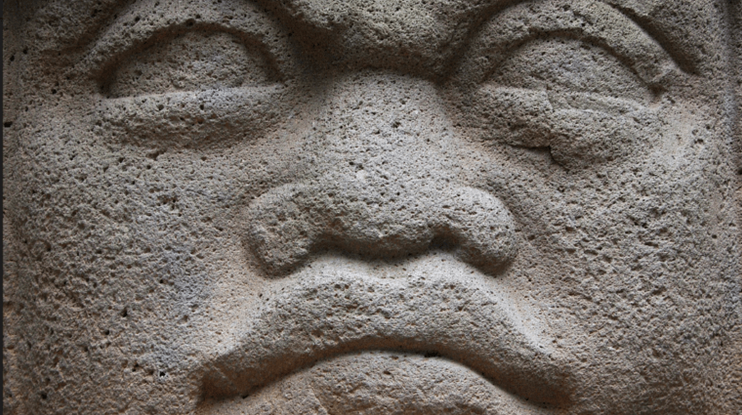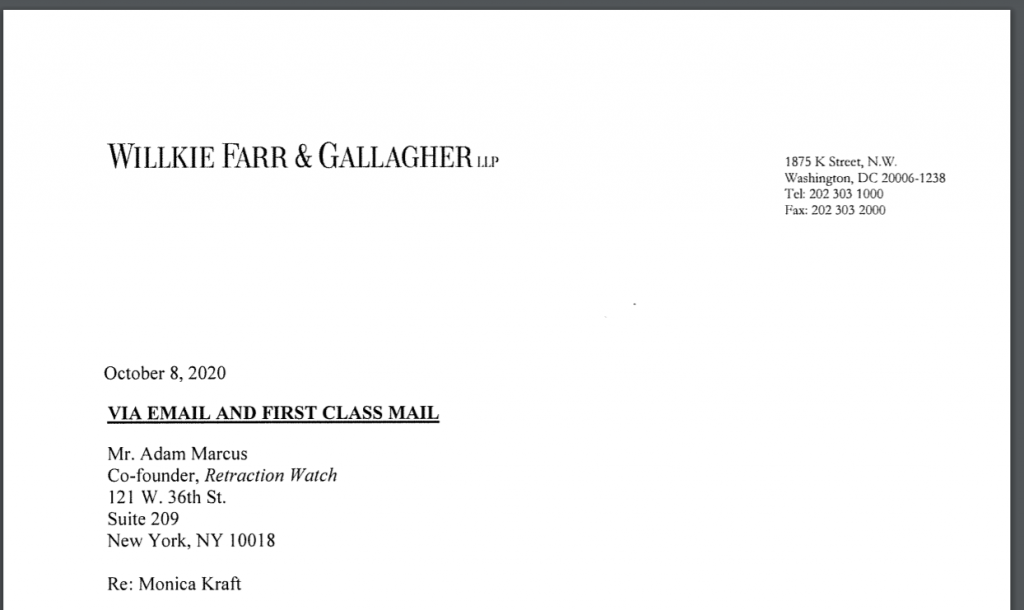
A year ago, we posted on the case of a paper in the Journal of Cell Science in which editors:
allowed a group of researchers in Italy to correct a 2016 paper with questionable images after a faculty member in their institution — and a frequent co-author of the group’s — said his investigation found no reason to doubt their integrity.
At the time, the journal told us they were unaware that Fulvio Magni — to whom they were directed “as the person who oversees ethics issues for the institute” — was a frequent co-author with the researchers who had authored the corrected paper.
The same day we posted on the case — Oct. 29, 2019 — a PubPeer commenter pointed out new issues in Figure 4 of the paper. And now, the journal has retracted the paper:
Continue reading Following Retraction Watch and PubPeer posts, journal upgrades correction to a retraction




